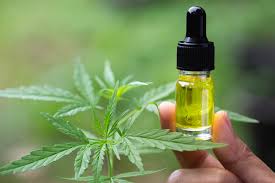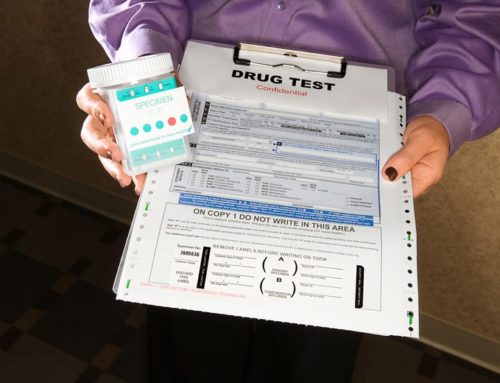What is CBD?
In the ever changing marketplace for newly legalized drugs, pharmaceuticals and natural substances, cannabidiol (CBD) is one of the most popular and sought after compounds.
CBD, one of the 400 individual compounds located in the cannabis plant that shows some characteristics with another well-known psychoactive compound, delta-9 tetrahydrocannabinol, better known as THC. However, unlike THC, CBD does not cause a “high” in the user.
In the last ten years, CBD has been used to treat post-traumatic stress disorder, inflammation, pain, chemotherapy side effects and neurological issues. The Drug Enforcement Agency still considers CBD, like all cannabinoids, a schedule I substance, but the hemp, a variety of the cannabis plant regulated by the US Department of Agriculture (USDA) it is legal, so long as its THC content is low.
Is CBD Legal?
The legal complexity of CBD products in the marketplace has been front and center from state to state. Marijuana is currently not legal in all 50 states. In a handful of medical marijuana states, CBD products are allowed to have residual levels of THC up to 5%, depending on the individual state. Due to practically non-existent levels of THC, a growing number of companies have begun carrying CBD products, even in states where marijuana is considered illegal for medical or recreational use.
THC-rich products create highs, yet CBD is considered less harmful and is available in several different delivery systems such as oils, health and beauty products, vapors and edibles such as lattes and gummy candy.
Will I Pass or Fail a Drug Test?
With increasing use and sales of CBD products into the general population, this also brings new challenges for the drug testing industry. Pure CBD itself would not report positive on a drug test for marijuana or marijuana metabolite. In some states, CBD may contain up to 5% THC. If the CBD product contains a higher concentration, it is possible that the use of these products could cause positive results from a drug test.
It is essential to keep in mind that for Federally regulated drug test, the use of CBD or “medical marijuana” would not be considered an alternative medical explanation for a positive test result. At the Federal level, CBD is still illegal.
As legislative efforts in state governments across the nation are constantly evolving in regards to marijuana and its derivatives, it is vital for employers to ensure that their Drug Free Workplace Policy clearly define their positions on marijuana and the use of CBD products.




